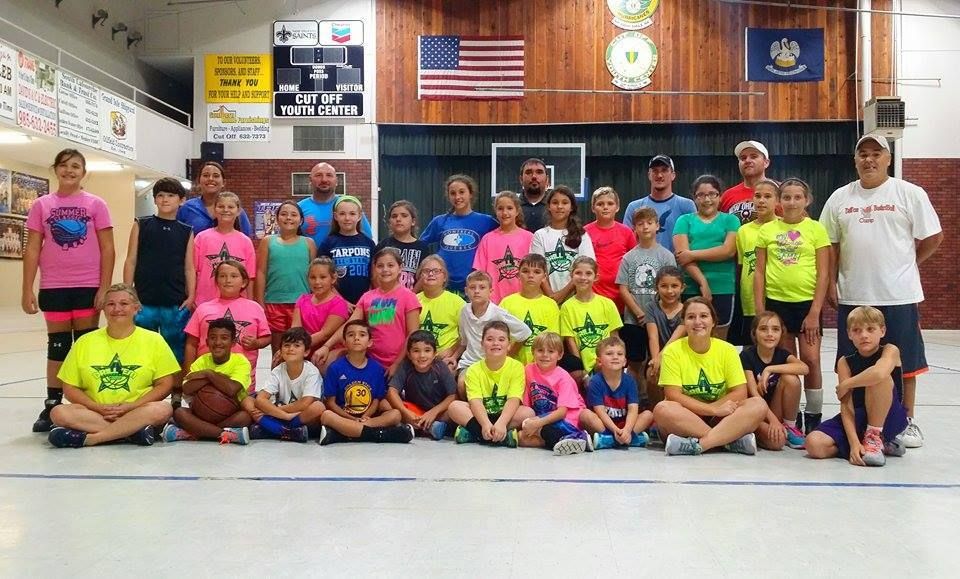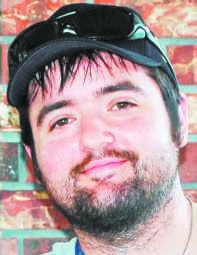
Drill’em Camp sparking basketball surge in south Lafourche
September 2, 2015
Sports Picks are here!
September 4, 2015Throughout the U.S. this year so far, 79 police officers who began any given day believing they would live to see the next one were wrong.
August, like the rest of 2015, has been particularly harsh on those wearing the badge in Louisiana. Police Officers Thomas LaValley of Shreveport, Henry Nelson of Sunset and Senior Trooper Steven Vincent of the Louisiana State Police were all felled by gunfire in the Bayou State in the past few weeks.
The nation’s other line-of-duty deaths resulting from gunfire were Police Officer Michael Bolton of Memphis, Deputy Carl Howell of Carson City, Nev., and Deputy Darren Goforth of Harris County, Texas.
Another 73 officers died this year after being struck by autos, becoming involved in auto or motorcycle wrecks and suffering heart attacks on the job. Three more died after long, lingering illnesses related to their heroic efforts on 9/11 in New York.
This year’s police deaths come at a sensitive time in the nation’s history. For several years now, questionable police practices have made headlines, often within the context of alleged racial disparity, often serving as beacons pointing toward injustices of a greater systemic nature.
We have seen no evidence to indicate that the on-going and necessary dialogue concerning police practices, in most cases, has had any clear relation to this year’s unfortunate number of line-of-duty police deaths, although we have heard suggestions that this is the case.
The evidence we do see is that now, as at all times, the murder of a police officer is a crime that is more vicious, more threatening to society as a whole and in many ways more frightening than most other murders.
It is sad that we even have to qualify or quantitate, but the words must be spoken. Because police deaths, Like it or not, are indeed different.
As representatives of the state, carrying authority granted by all of the people, police officers play a unique and necessary societal role. The power to enforce a court order by taking a violator into custody, the power, under some circumstances, to take a life if necessary, these make a crime committed against a police officer while engaged in his or her duties different as well. The crimes committed in these circumstances are committed against every single one of us.
The concept of the “thin blue line” – the idea that the police are the buffer standing between society as a whole and those who refuse to be bound by its rules – is not mere hyperbole. It is a fact.
The law, as well as societal understanding, is and must be clear on this. Even an “illegal” arrest must be deemed appropriate at the time it is carried out, unless and until a court rules otherwise. Escaping from custody, even if custody ultimately proves to have been illegally taken, is still a crime.
There is and can never be a justification for taking a police officer’s life. That having been said, we can move on to the real matter at hand.
An examination of many of the cases this year resulting in police officer deaths are not so different from the circumstances at the bottom of civilian lives claimed by other civilians. Access to firearms by people who should not have them, the shameless lack of psychiatric services available to people in need of them and a popular national culture that suggests violence of any type is an acceptable means of dealing with conflict can be found as elements contributing to Line-of-duty officer deaths.
We must find ways to do what is needed as a society to address the threats that exist for all of us, law enforcement officers included.
As we live through the tragedies that have unfolded in the form of police shootings this month in Louisiana, the errant actions of civilians that have resulted in the need for police to use deadly force, mass shootings in Charleston, Lafayette and other jurisdictions, the need for action becomes clear. If we don’t have the money for treatment of people with serious illnesses of the mind, we have to find it.
Meanwhile we extend our sympathies to all law enforcement officers in Terrebonne, Lafourche and beyond, for the losses to their special family, a family whose members from coast-to-coast, for the sake of all of you, awaken each day knowing that, for them especially, a promise that they will return after a shift to their families, sadly, does not exist.







